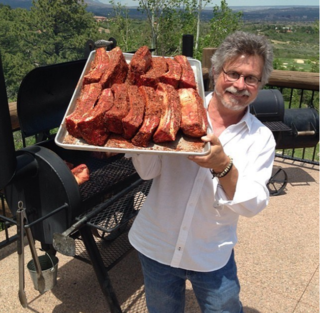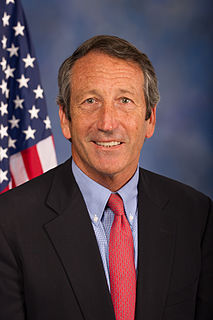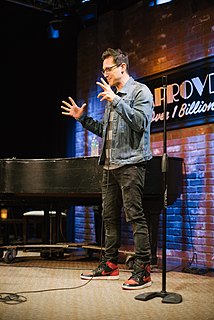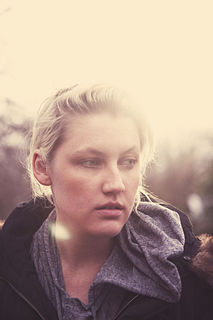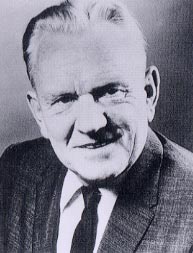A Quote by Rick Stein
I guess its the same with all children really, they have this sort of pathetic longing to be like their parents were.
Related Quotes
Happiness is not like we were walking around fingering razor blades or anything like that. But it just sort of seems as if - we sort of knew how happy our parents were, and we would compare our lives with our parents and see that, at least on the surface or according to the criteria that the culture lays down for a successful, happy life, we were actually doing better than a lot of them were.
There was a commonality in a lot of the private school experiences that I had of children whose lives were not their own. They thought they were their own, but they were essentially gifted this life by their parents. So they were spending money; they were going on trips - I guess, in a way, it is their life, but they didn't earn it.
Modern children were considerably less innocent than parents and the larger society supposed, and postmodern children are less competent than their parents and the society as a whole would like to believe. . . . The perception of childhood competence has shifted much of the responsibility for child protection and security from parents and society to children themselves.
...people mostly pray as if there were no God with them, or as if He did not heed their prayers. Let us ascribe to the Lord at least the same amount of attention that good parents show to the requests of their children, at least that provident and attentive love which good parents have for their children.
I guess I wanted to emulate the artists that my parents were listening to when I was growing up. I've always had this affinity for folk music, and music in general, for as long as I can remember. So as soon as I could start playing shows, I did. And my parents were really supportive of me the entire time.
I think that people all grow up and have their same personalities, but you can say, "Oh, I can see the roots of this personality, which I didn't like, but then you grew up, and I can still see you as that person, but I do really like you now." Which is sort of how I feel about children - I mean, about children who I knew when I was a child and grew up with, and they're still my friends, and children that I know as children who I see growing up, and every year I like them more.
I've really been sort of focused on acting and I feel really lucky because great projects sort of keep coming my way. I guess the criteria that I look for, it gets increasingly difficult because when you have the privilege of working with someone like Diane [Keaton], it's kind of like, 'Well, where do you go from there.'





